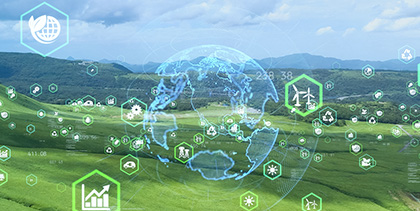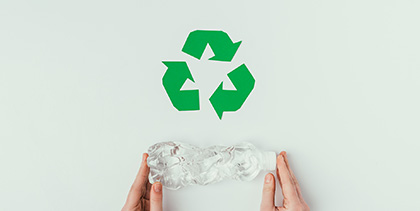Efforts policy
- Environmental philosophy
- The Nisshin OilliO Group will continue to maximize the Natural Power of Plants and engage in
environmentally friendly corporate activities to transfer our precious Earth to the next generation.
- Environmental policies
-
- Comply with environmental laws, regulations, and voluntary standards.
- Strive to prevent pollution and promote environmental protection with the aim of realizing a decarbonized, recycling-oriented society that coexists with nature.
- Strive to develop and provide products and services that are naturally and environmentally friendly.
- Strive to proactively disclose information on our environmental activities.
- Strive to raise environmental awareness and work together as a Group to continuously improve our environmental performance.
Environmental Targets for 2030
Priorities under Vision 2030
Global environment
Supply chain connected by trust











